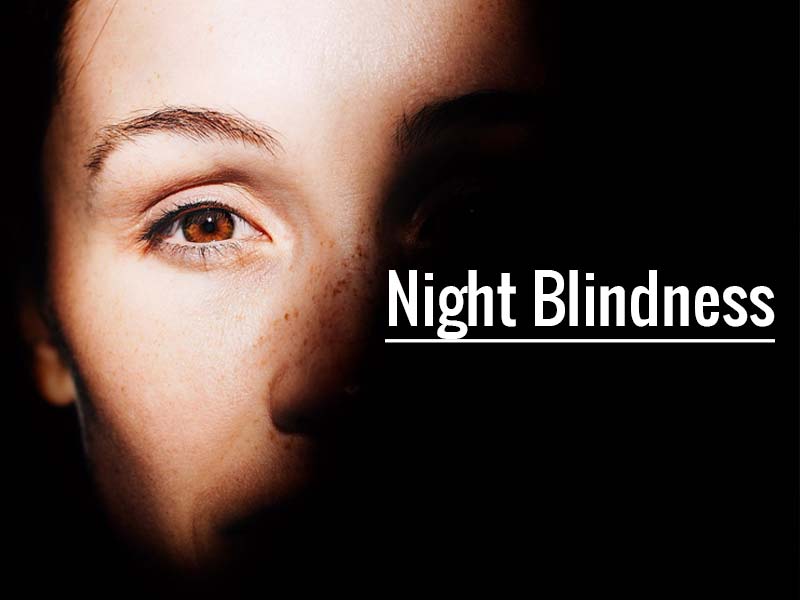Our Waco Optometrist Discusses the Causes of Night Blindness
Our eye care professional is equipped to diagnose, manage, and treat your night blindness, allowing you to enjoy nighttime activities once more.
Here are four key points to understand about night blindness:
The difficulty in seeing well at night may stem from various conditions, including:
Vitamin A Deficiency
Vitamin A is essential for maintaining the clarity of the cornea, the front layer of the eye, and is a crucial element of rhodopsin, a protein that facilitates vision in low-light environments. While rare in North America, a deficiency in this vitamin can lead to night blindness.
Cataracts
The accumulation of protein in the eye’s lens can cause cloudiness, resulting in diminished vision, particularly in low-light situations.
Diabetic Retinopathy
Damage to the blood vessels and nerves in the eyes can lead to vision impairment, including challenges with night vision.
Glaucoma
This category of eye disorders is characterized by increased pressure within the eye, which can harm the optic nerve. Both glaucoma itself and the treatments for it may contribute to night blindness.
Myopia
Commonly known as nearsightedness, myopia causes distant objects to appear unclear, and individuals with this condition often report a starburst effect around lights at night.
Keratoconus
An irregularly shaped cornea can lead to blurred vision and increased sensitivity to light and glare, particularly pronounced at night.
Retinitis Pigmentosa (RP)
This progressive genetic eye disorder, which may be linked to other conditions, results in night blindness and loss of peripheral vision.
Usher Syndrome
This genetic disorder results in both hearing and vision loss, including night blindness and RP as previously mentioned.
Symptoms of Nyctalopia
As night blindness can indicate serious vision issues, it is crucial to have regular eye examinations to ensure optimal eye health. If you find that your ability to see in dim light has diminished, such as when driving at night or transitioning from bright outdoor settings, please consult your eye doctor promptly.


Tinggalkan Balasan